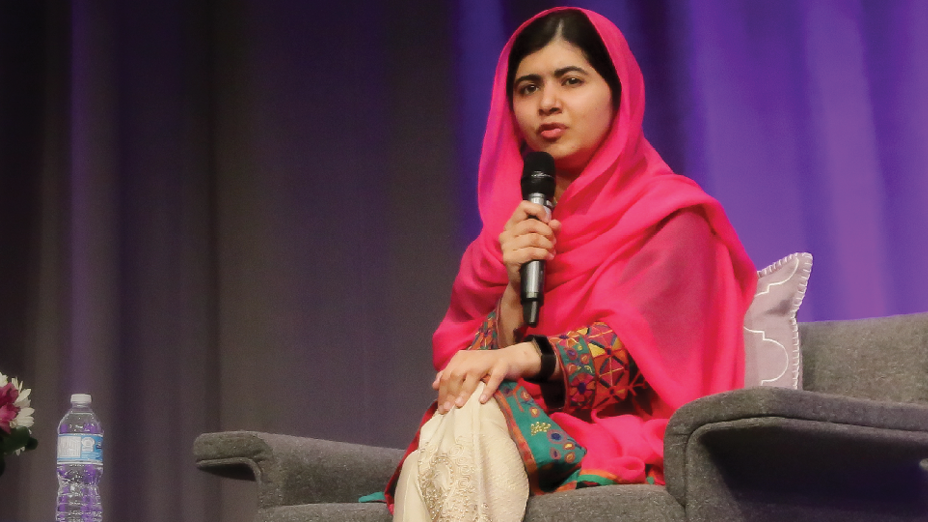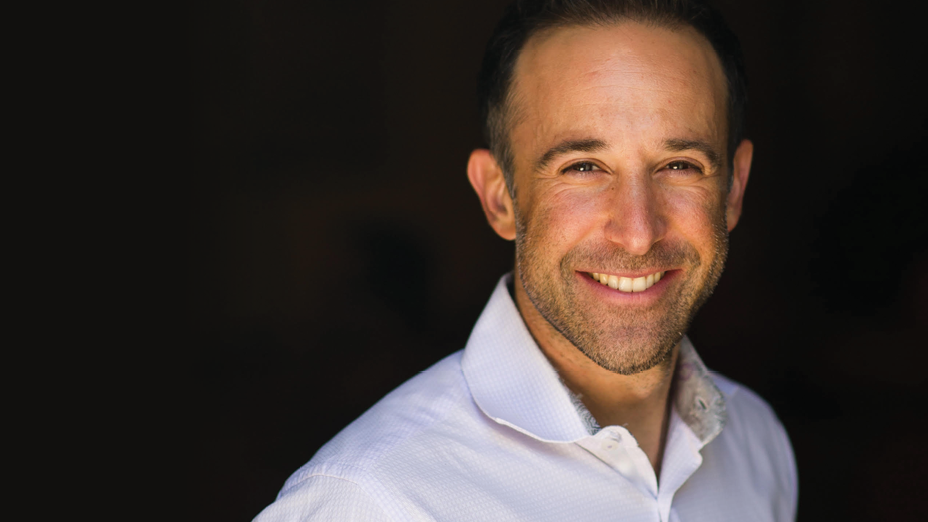Life really is too short to be unhappy at work
Yet far too many of us aren’t even close to being content—much less delighted—with our work or our workplaces. Instead, we are stressed and exhausted. We can’t remember what we used to love about our jobs. Colleagues we trust and respect are few and far between, and half the time it doesn’t even feel safe to be ourselves. All of this is spilling over into our personal lives. We’re having a hard time sleeping or have given up on exercise. Relationships are suffering, too. We feel trapped and struggle to see how things will get better. To be happy, I’ve discovered, you’ve got to run toward something: a hopeful, inspiring vision of your future.
No one wants to live like this. Still, a lot of us give up and settle for lessthan- fulfilling jobs. We tell ourselves that we’re not supposed to be happy at work; that’s for other parts of life. We try to cope by avoiding that bad manager or getting that stubborn, annoying person off the team. We shut down, give less, and fantasize about telling someone off. Sometimes we run away from the job, the company, even our careers. But running away isn’t going to make things better. To be happy, I’ve discovered, you’ve got to run toward something: a hopeful, inspiring vision of your future.
Hope is at the Heart of Happiness at Work
Hope is the starting point for creating a future that is better than today. It encourages us to dig deep down inside ourselves to find our most unique talents and gifts and to use all of our resources to help us along the way. Whatever difficulties we face—whether it’s a health issue or a loss or a setback at work—the hope that tomorrow will be better is what helps us get up every morning, put one foot in front of the other, and carry on.
And, when we believe that things will get better, they often do. That’s because a hopeful, captivating, and personally compelling vision makes us feel strong, powerful, and in control. We are motivated to face up to our present challenges and even our fears and to take steps toward the future we want for ourselves and others.
How Hope Works
Think about a project at work that you are passionately committed to— one that means a lot to you. Now imagine that you’ve recently decided to slow the project down—to get it right rather than just get it done. Your boss doesn’t agree. He just wants it finished and isn’t concerned about cutting corners. If you are like most people, you’ll immediately feel defensive. Something you care about is under attack. When we experience hope. The stress response diminishes: our breathing slows, muscles relax, and blood pressure drops. Our immune system even functions better.
As you conjure up all the bad things that could happen, you get scared. You’re mad, too, and you start to second-guess your decision. At this point, you are not thinking clearly, you can’t easily access reason and rationality, and you probably won’t make very good decisions about what to do. You’re in the throes of an amygdala hijack— that state when the limbic brain (what some people call the reptilian brain) is in charge and your higher-order thought processes shut down.
Fortunately, the exact opposite happens when we experience hope. The stress response diminishes: our breathing slows, muscles relax, and blood pressure drops. Our immune system even functions better. This physiological response helps us manage our emotions, especially emotions like anger and frustration that push us into amygdala hijack. We put unreasonable fears to rest, begin to see humor in situations, and tap into enthusiasm and energy.
Hope is a powerful human experience. It helps us in every aspect of our lives, including what we do and accomplish at work—and how happy we are at work. When we are hopeful, we can see ourselves as more potent in the world and more able to have an impact on our future.
With hope, along with a sense of purpose and meaningful friendships, we can find true happiness in our work. Luckily, we live in a time where organizations and academia are taking happiness seriously; leaders in major oil companies, provincial governments, technology startups and corporations often report that happy employees are more creative and committed. The personal and practical—not to mention economic—consequences of workplace unhappiness are too great to be ignored. By activating our emotional intelligence, and taking control of our own happiness, we can unleash our true potential—as employees and human beings.
When we experience hope. The stress response diminishes: our breathing slows, muscles relax, and blood pressure drops. Our immune system even functions better.
To be happy, I've discovered, you've got to run toward something: a hopeful, inspiring vision of your future





.png)




What Did You Think?